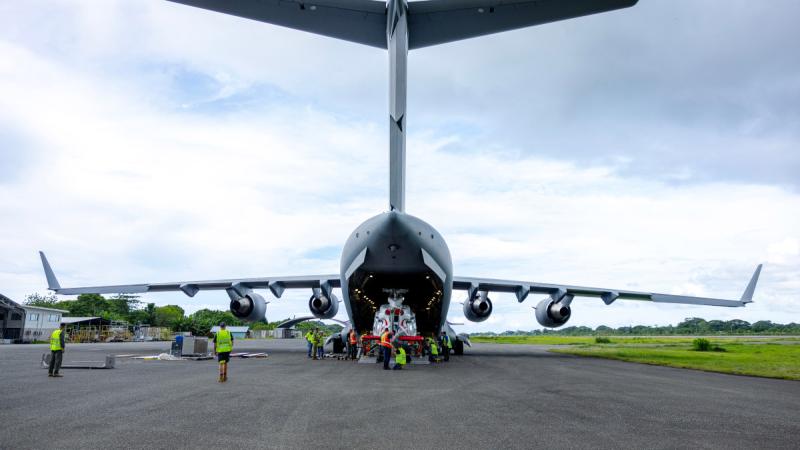“Setting Australia up for success on our next round of climate goals requires a wider canvas, stronger dialogue and more openness than we’ve seen in the past,” Innes Willox, Chief Executive of national employer association Ai Group, said today following Climate and Energy Minister Chris Bowen’s speech on sectoral climate plans.
“Physics, national interest and the terms of the Paris Agreement mean that Australia’s emissions reduction goals will keep deepening, all the way to net zero and most likely beyond. But equally, arithmetic dictates that industry and the electricity sector can’t achieve these targets alone. While recent debate has focussed on the Safeguard Mechanism and power sector initiatives like the Capacity Investment Scheme, a much wider swathe of the economy will need to make investments and change practices to hit more challenging emissions numbers for 2035. Industry, power, transport, agriculture, construction, resources and waste all have much to do as do consumers and households.
“Practical plans for all those sectors can’t simply be imposed from above. They have to emerge from deep dialogue and partnership. In the Australian Industry Energy Transitions Initiative, major enterprises in several key economic sectors collaborated with researchers to map their transition pathways and the areas where government action will be needed. Policy has an important role, but it will be undirected and ineffectual without insights and investment from businesses and other stakeholders in each sector.
“The 18-month review announced by the Government has to be as thorough and inclusive in practice as it looks in the sketch laid out today. There is no room for a repeat of the sins of the past, where openness to insights from outside the Parliament took a back seat to managing tensions within it.
“It would be good to move on from many old failings. Nuclear energy is a fraught subject but too important to be left to empty fights over symbolism. New nuclear technologies combine intriguing potential with formidable delivery and economic challenges. It makes little sense to continue simply banning them, but mere legalisation is no substitute for a comprehensive and investable climate and energy policy for all technologies to compete under. Putting all your eggs in one basket is a bad idea for any side of politics.
“As we’ve seen with State goals in NSW and Victoria, 2035 targets are likely to be significant steps up from 2030. Our prospects for achieving that will be strongest with a national strategy that ties together sectoral insights with whole-of-economy coherence, backs technology with robust policy, and keeps a close eye on trade competitiveness. It’s a tall order, but this is not optional,” Mr Willox said.







